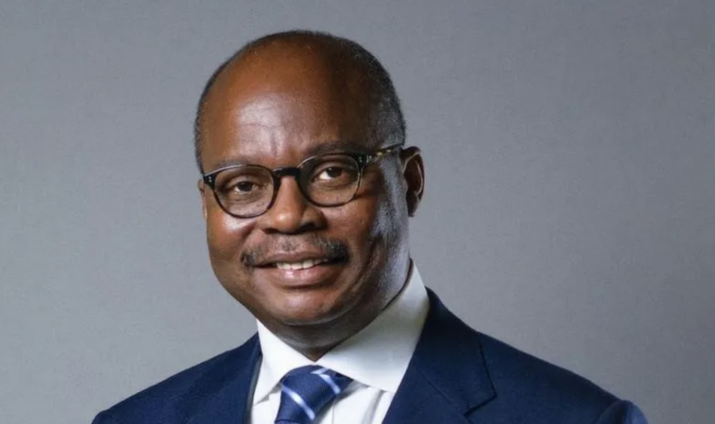Governor of the Bank of Ghana (BoG), Dr Ernest Yedu Addison, has firmly dismissed claims linking the central bank’s independence to the government’s debt exchange programme.
Speaking on Joy News’ PM Express Business Edition on January 2, he clarified that the debt exchange program was a direct response to a severe national crisis and had no bearing on the autonomy of the BoG.
“The debt exchange programme has nothing to do with the independence of the central bank,” Dr Addison stated unequivocally.
He described the programme as a “pure crisis issue,” stressing its urgency during a time when Ghana was on the brink of economic collapse.
“It was a life-and-death matter for all Ghanaians. At that point, nothing else mattered. Salaries were not going to be paid. There was going to be chaos because nobody was getting their investment returns,” he said.
Drawing comparisons to Sri Lanka’s economic collapse, Dr Addison highlighted the role of the BoG in averting a similar fate for Ghana.
“In Sri Lanka, the central bank could not step in because they had run out of foreign exchange reserves. In the case of Ghana, we were lucky that we still had reserves,” he noted.
Responding to questions about the economic shocks that led to the debt exchange program, Dr Addison explained that the BoG’s involvement was not a shock but rather a solution.
“The IMF’s approach to the crisis was clear: the Bank of Ghana had to continue financing the government to maintain stability while we worked on the program,” he said.
He elaborated on the timeline, stating that the IMF’s prescribed solution involved declaring a debt standstill, followed by a debt exchange.
“At that point, those holding government instruments were the ones impacted. What happened in October during the debt standstill could have happened much earlier in the year, but it would have been disorderly without the appropriate policies in place,” Dr Addison explained.
The governor pushed back against suggestions that the BoG could have done more to minimize the economic shocks.
“This was the solution given the situation the country found itself in,” he said, adding that the measures implemented were necessary to stabilise the economy and prevent a total breakdown.
Dr Addison also rejected the idea that the central bank’s independence was compromised during the crisis, reiterating that its actions were aligned with the IMF’s framework to restore stability.
Dr Addison’s remarks reflect his commitment to addressing misconceptions about the BoG’s role in the debt exchange program.
By emphasising the program’s crisis-driven nature, he sought to shift the focus from questions of independence to the broader context of Ghana’s economic recovery.
“The recent economic challenges were about survival. Let’s not oversimplify the situation,” he concluded.
Latest Stories
-
Why Apple is offering rare iPhone discounts in China
8 minutes -
Bawumia bids farewell, thanks Ghanaians for 8 years of support
17 minutes -
NDC names Bernard Ahiafor as First Deputy Speaker; Asiamah returns as Second Deputy
19 minutes -
‘HER-STORY in the making’ – Vice President-elect and Lydia Forson celebrate breaking barriers
42 minutes -
Experience and diplomacy will guide Ghana’s 9th Parliament – Alban Bagbin
1 hour -
Bagbin pledges leadership and unity in acceptance speech as Speaker 9th Parliament
1 hour -
Speaker Bagbin urges newly elected MPs to exercise caution, responsibility
2 hours -
Livestream: Dissolution of the 8th Parliament & the inauguration of the 9th Parliament
3 hours -
Prof Emmanuel Sarpong gunning for NSA Director General role
3 hours -
Apple to pay $95m to settle Siri ‘listening’ lawsuit
4 hours -
Judge denies Trump bid to delay sentencing in hush money case
4 hours -
Justin Trudeau’s resignation speech in full
4 hours -
Canada’s Prime Minister Justin Trudeau resigns
4 hours -
Apple says it will update AI feature after BBC complaint
4 hours -
Trump asks court to postpone sentencing ahead of inauguration
4 hours

